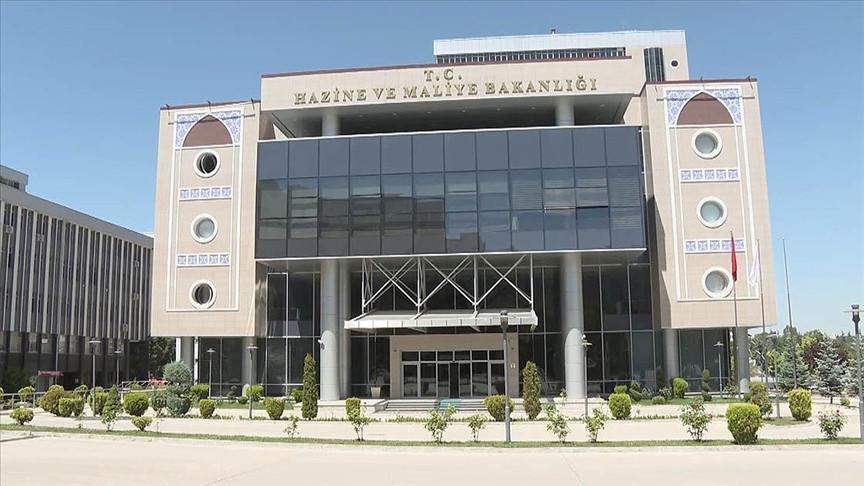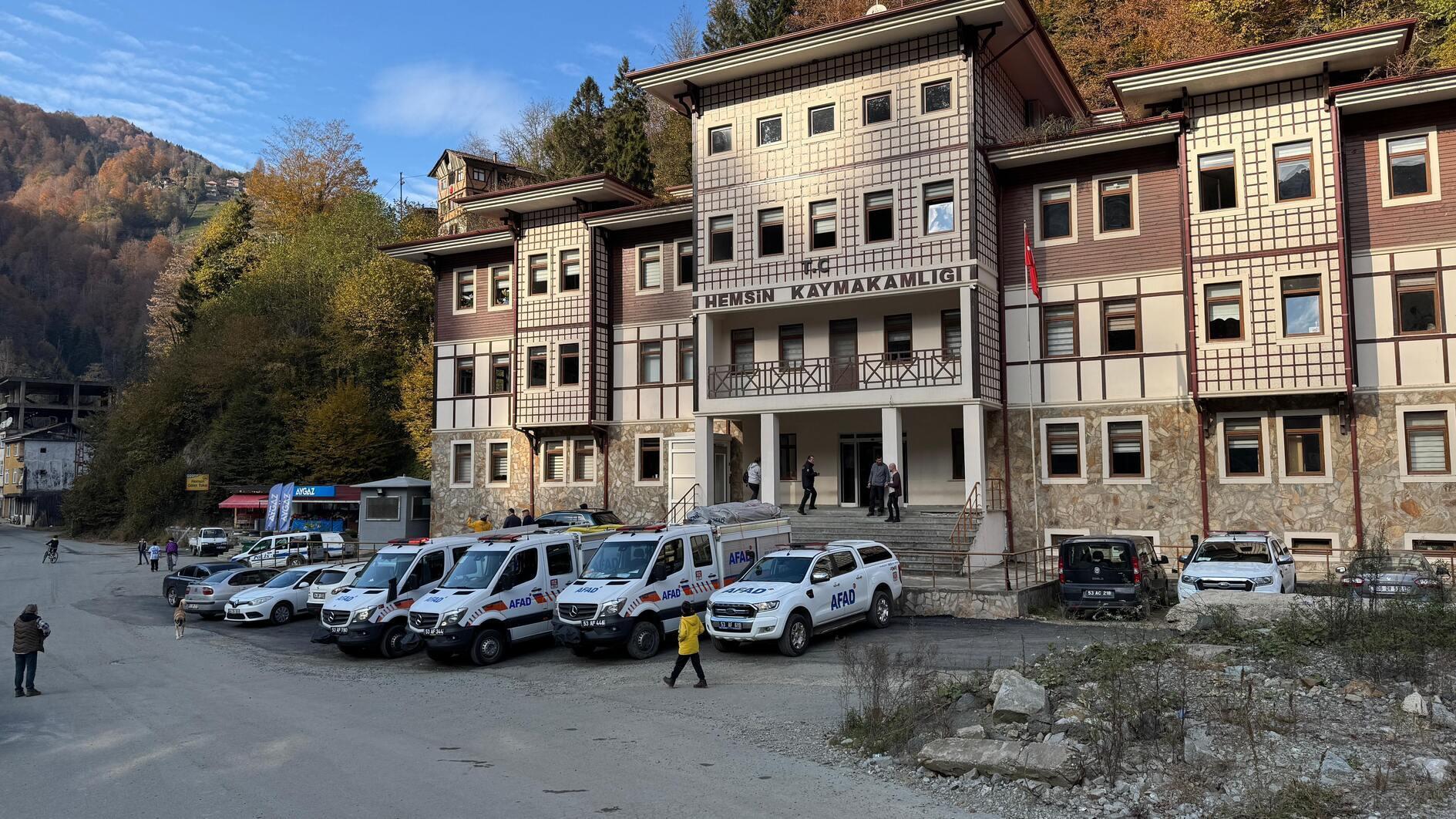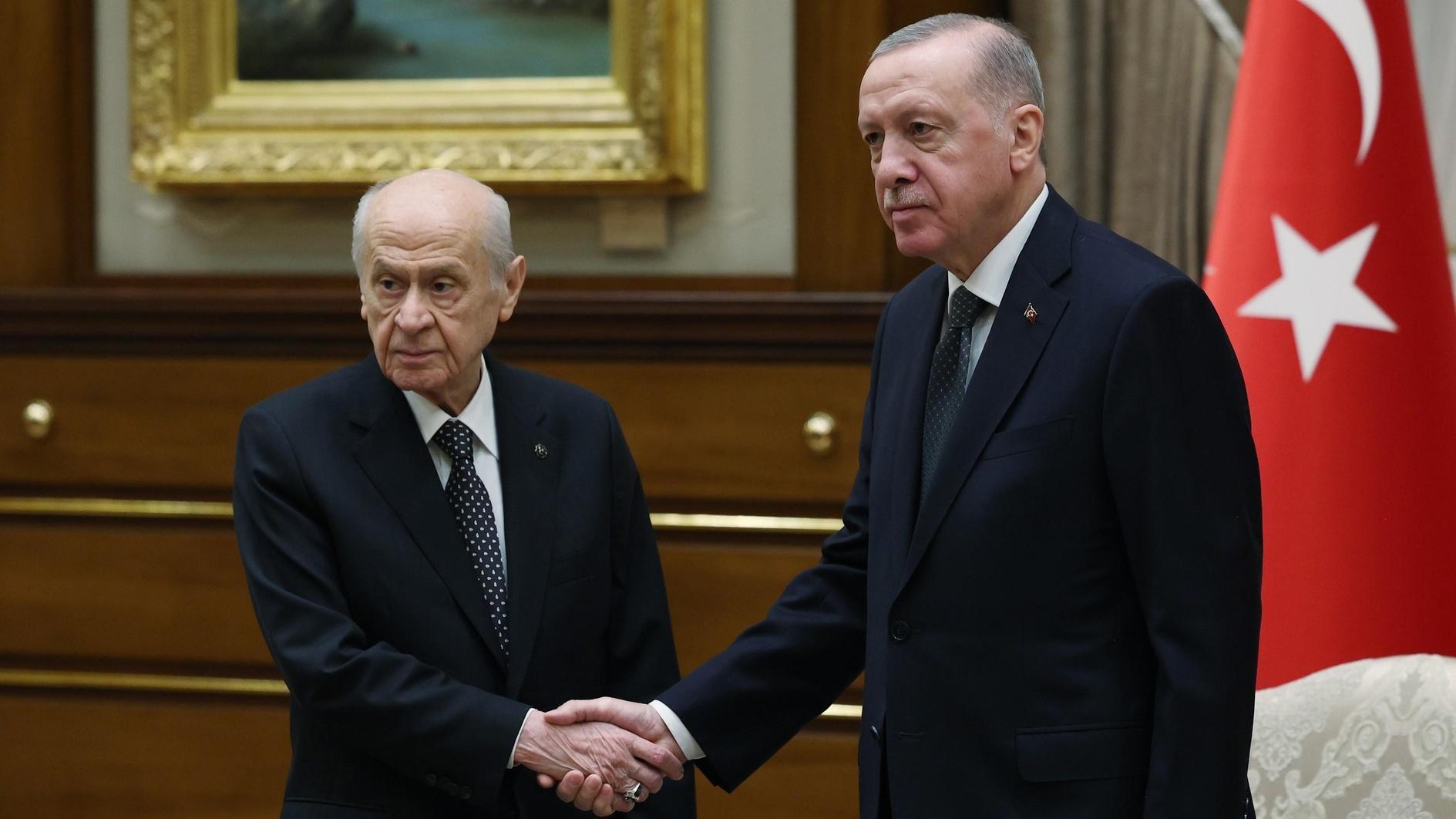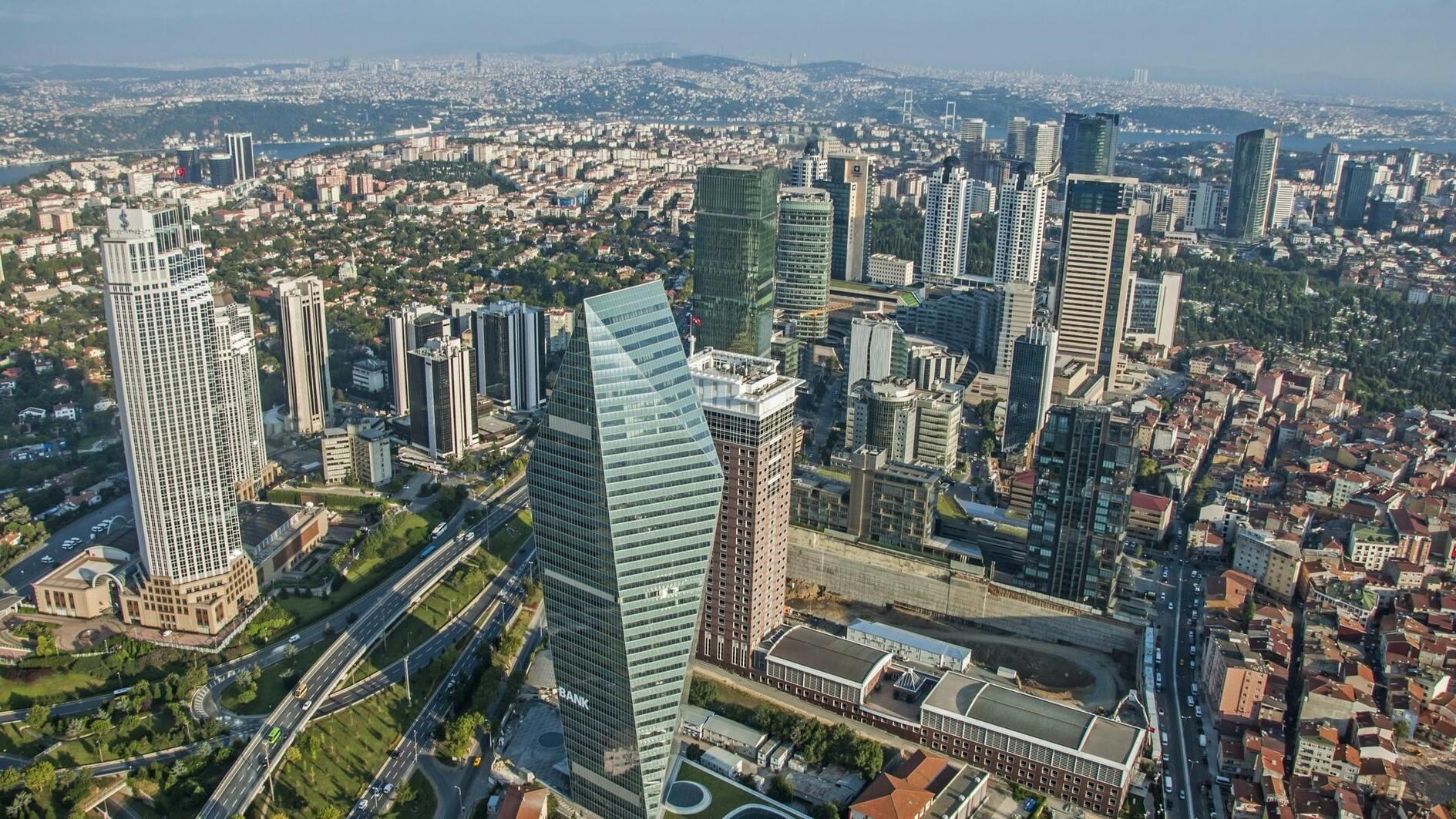Does Davutoğlu represent the 2nd generation of AK Parti in Turkey
As he was listing the qualities of the new person to succeed him as the chairman of the Justice and Development Party (AK Parti) and the prime minister of its government, before naming Foreign Minister Ahmet Davutoğlu, President-elect Recep Tayyip Erdoğan made a few remarks, almost telling what to do to him.
Among those, there is to stick with the three-term rule of the party. The rule forbids being a member of Parliament more than three consecutive terms on the AK Parti list. Erdoğan had underlined the importance of keeping that rule when he announced his candidacy for presidency during his July 1 speech.
Erdoğan justifies the rule with the necessity, not only to let younger people climb up in politics, but also in order to not let same people dominate the party’s politics for too long, as he is ascending to presidency now.
Actually, there are 72 AK Parti MP’s who cannot be reelected on the AK Parti list again in the next elections scheduled to take place June 2015, only a quarter of its 313 seats now.
But most of them are the party’s heavy guns; some of them are founders, some of them have been with Erdoğan for three decades serving the “cause,” as he likes to say. Ten out of 25 ministers of Erdoğan’s outgoing Cabinet, including three deputy prime ministers and almost half of the deputy chairmen in the party will not be able to be re-elected to the AK Parti list in the next elections.
An important detail here is that of the remaining ones (with exceptions like Davutoğlu), or the second generation have no political background or experience before the AK Parti, or Erdoğan; for them, both politics and “the cause” means loyalty to Erdoğan. But most of the ones leaving are the old guard, some of them with even more political experience than Erdoğan.
One of them, Bülent Arınç had said two weeks ago that the party should not be left to “rookies,” who are disrespectful to outgoing-President Abdullah Gül; yes, only Erdoğan will remain in the picture of active politics by next weekend out of the three main founders of the AK Parti. And on Friday, Aug. 22, Yalçın Akdoğan, Erdoğan’s chief political advisor who is likely to get a powerful post in Davutoğlu’s Cabinet rejected the word “rookie” on TV; “Neither am I a kid,” he said, “I am 45-years-old.”
Yet, it may not be realistic to expect the old guard to retire to their homes, stay idle and do nothing to get back into Parliament once again; albeit not necessarily from the AK Parti’s lists. That is actually a worry for Erdoğan, especially when he asked Davutoğlu to keep fighting against the “parallel structure within the state,” a name he calls the sympathizers of his former ally, Islamist scholar Fethullah Gülen who lives in the U.S. Because, in the case of a new party that could attract all’s broken-hearts, the Gülenists could give their support, too.
Here comes the importance of Erdoğan’s choice for Davutoğlu as his successor. Besides being an ideologically committed professor of international relations, Davutoğlu proved to be an able agitator during his last few years in politics, especially after assuming the Foreign Ministry post in 2009. The AK Parti grassroots admired him, and thanks to him, Erdoğan started to harvest votes because of foreign policy, too. That was not something seen in Turkish politics before; not because of the achievements in Turkish diplomacy, but because of the enthusiastic and ideological oriented way Davutoğlu carried it out.
Is that a risky move from Erdoğan? It may well be, but Erdoğan is a politician who likes to take risks and so far he has succeeded.
So, yes, Davutoğlu represents the second generation of the AK Parti. It is not just because of Erdoğan that this is the new stage of Turkish politics; it is because of Davutoğlu, too.











